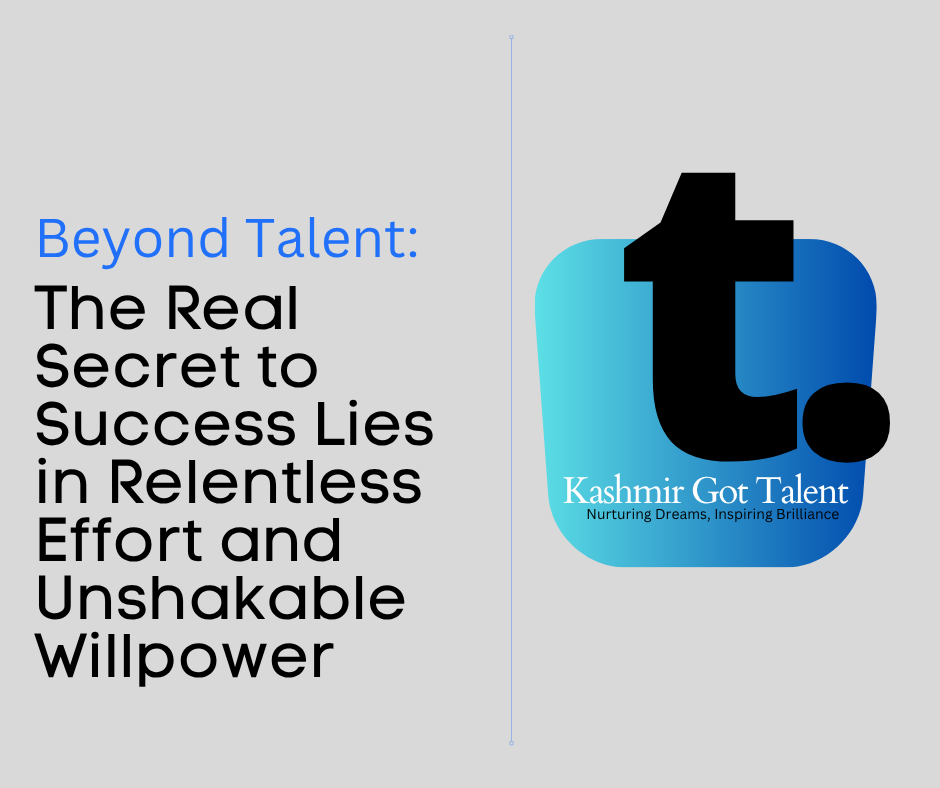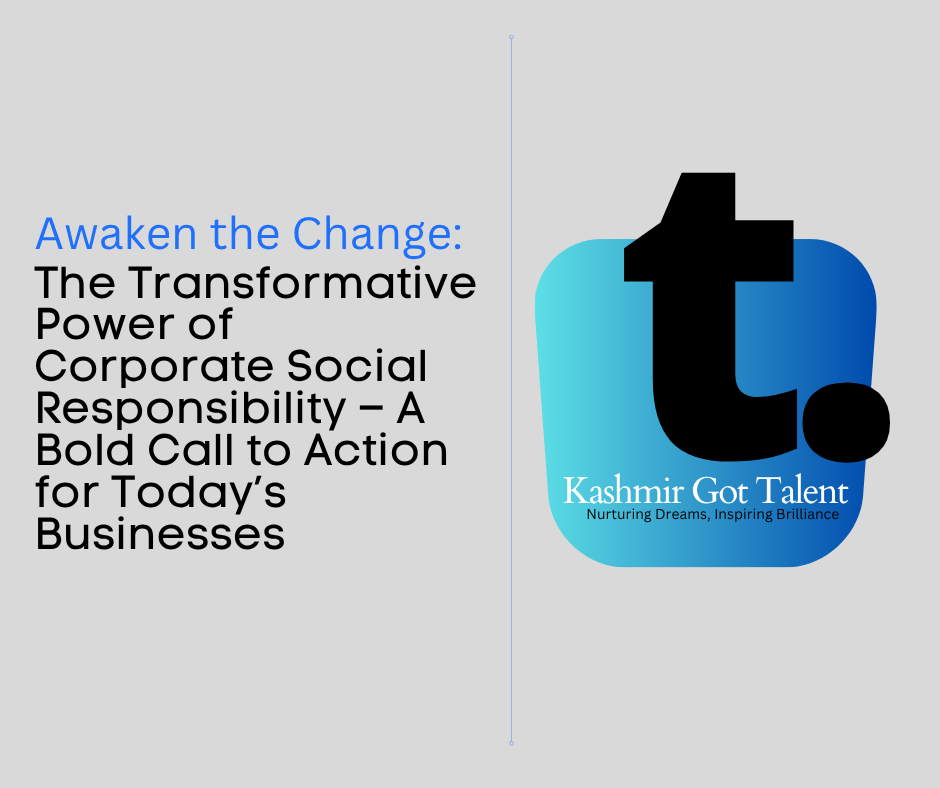Journalism is under siege. Not just from political pressure or economic downturns, but from within—where the battle for clicks often overrides the pursuit of truth. The urgency to address ethical considerations in journalism has never been more critical.
The Crisis of Credibility: Why Ethics Matter Now More Than Ever
In an age overwhelmed by information, the lines between news, opinion, and propaganda have blurred beyond recognition. We live in a world where one misleading headline can shape public perception and impact lives in seconds. Journalistic ethics are not just theoretical—they are the backbone of a functioning democracy.
The digital transformation has made publishing instantaneous. But this convenience has come at a cost: fact-checking is compromised, biases are magnified, and accountability is often elusive. When journalism falters in ethics, society suffers. Misinformation spreads. Trust erodes. Democracy weakens.
This isn’t a future problem. This is happening now.
Truth Over Trends: The Fight Against Clickbait Culture
Let’s be clear—clickbait isn’t journalism. It’s manipulation.
The race for ad revenue and traffic has created a journalism that prioritizes virality over veracity. Ethical considerations demand a return to journalistic values: honesty, integrity, fairness, accuracy, and transparency.
If your platform sacrifices truth for traffic, then you’re not informing. You’re entertaining. Or worse, you’re misleading.
Every publisher, editor, and journalist must ask themselves daily:
-
Am I reporting the truth, or am I just reacting to the algorithm?
-
Am I serving the public, or am I serving the sponsor?
The Weaponization of Media: Who Controls the Narrative?
In countries around the world, media has become a battleground. Ownership and sponsorship have become silent influencers on what gets published and what gets buried.
This creates a chilling effect. Journalists self-censor. Newsrooms become echo chambers. The truth becomes a casualty.
Urgency Alert: If we do not act now to insulate journalism from political and corporate interference, we risk raising an entire generation with no access to unfiltered truth.
Ethical Journalism is an Act of Courage
Choosing to be ethical in journalism today is a radical act.
-
It means challenging sources that distort.
-
It means giving a voice to the voiceless—not just the powerful.
-
It means verifying before publishing.
-
It means losing clicks for the sake of clarity.
It means doing the hard thing because it is the right thing.
Call to Action: What You Can Do Today
-
Hold Media Accountable
Challenge what you read. Ask questions. Seek multiple sources. Reward truth-tellers with your attention, not clickbait creators. -
Support Ethical Outlets
Subscribe, donate, or amplify independent journalism that values ethics over earnings. -
Demand Transparency
Ask who owns the media. Ask who funds the stories. Ask why certain narratives are missing. -
If You’re a Journalist, Lead by Example
Take a stand. Make your editorial process transparent. Be honest about your biases. Serve the public, not power.
This Is a Turning Point
The future of journalism will either be ethical or it will be extinct.
We cannot afford to normalize half-truths. We cannot allow silence where scrutiny is needed. The world is changing fast—war, climate, justice, rights, leadership—all require fearless, principled journalism now more than ever.
And that begins with you. With us. Right now.
There is no neutral in the truth economy. Choose ethics. Choose courage. Choose the future.








